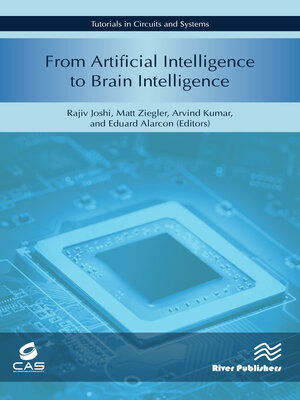
Sign up to save your library
With an OverDrive account, you can save your favorite libraries for at-a-glance information about availability. Find out more about OverDrive accounts.
Find this title in Libby, the library reading app by OverDrive.



Search for a digital library with this title
Title found at these libraries:
| Library Name | Distance |
|---|---|
| Loading... |
Research in Artificial Intelligence (AI) is not new, it has been around since 1950's. AI resurfaced at that time while Moore's law was on an aggressive path of scaling, with the transformation of NMOS and later bipolar technology to CMOS for high performance, low power as well as low cost applications.Several breakthroughs in the electronics industry helped to push Moore's law in chip miniaturization along with increased computing power (parallel and distributed processing) and memory bandwidth. Once this paradigm shift occurred it naturally opened doors for AI as it required big data manipulations, and thus AI could thrive again. AI has already shown success in industries such as finance, marketing, health care, transportation, gaming, education and the defence and space, to name but a few.The human brain amazingly has a memory in the order of millions of digital bits, however it cannot compete with machines for data crunching and speed. Thus tomorrow's world will be a World of Wonders of Artificial Intelligence (WOW- AI), to compensate the computational limitations of human beings. In short, AI research and applications will continue to grow with the development of software, algorithms and hardware accelerators.To continue the development of AI, an advanced AI Compute Symposium was launched with the sponsorship of IBM, IEEE CAS and EDS, from which this book came. Overall, the book covers two broad topics: general AI advances, and applications to neuromorphic computing.







